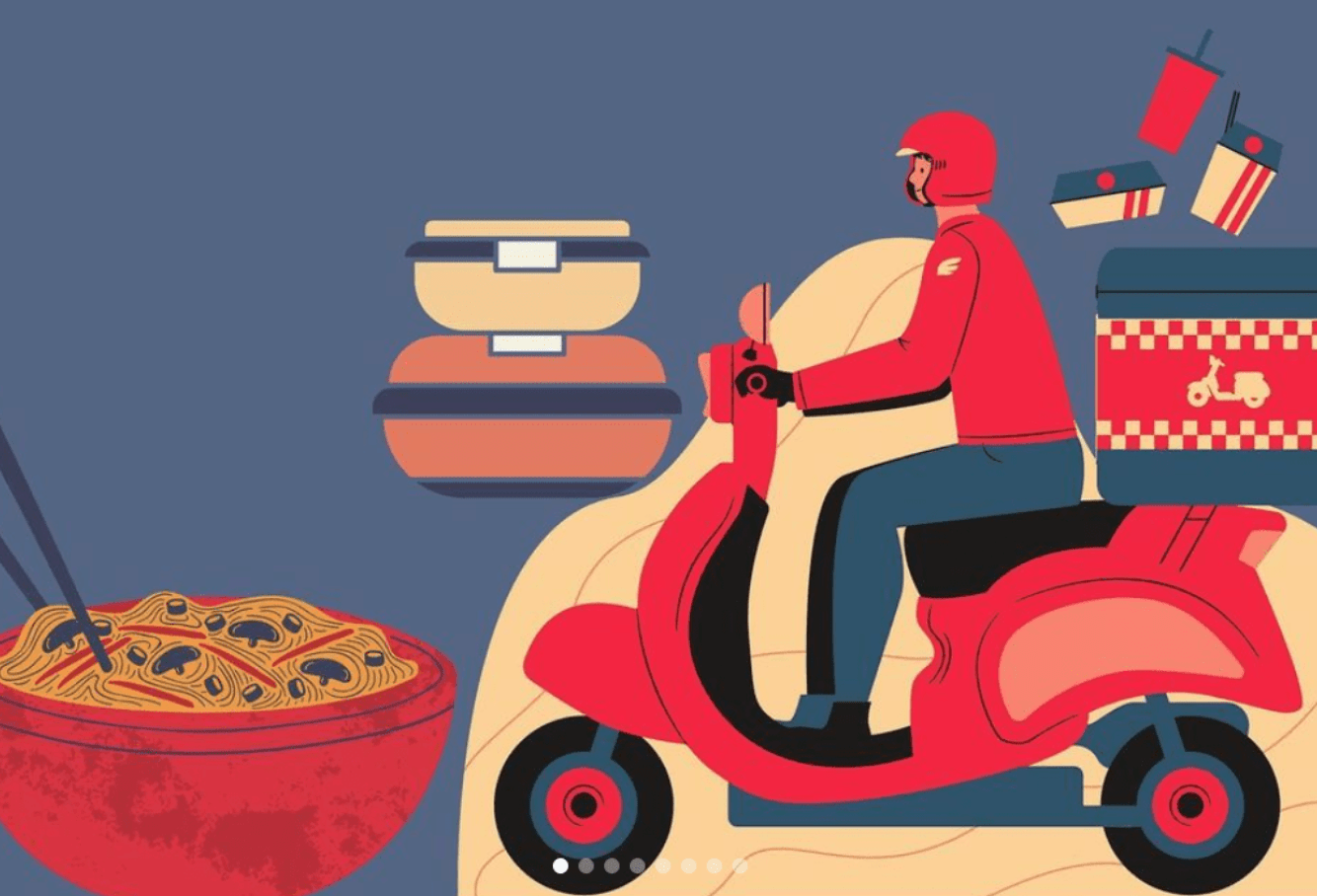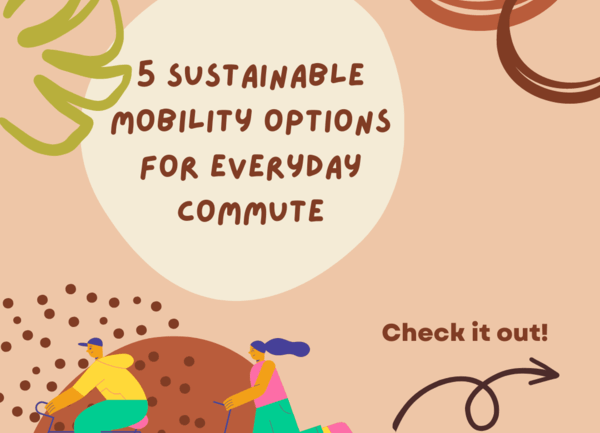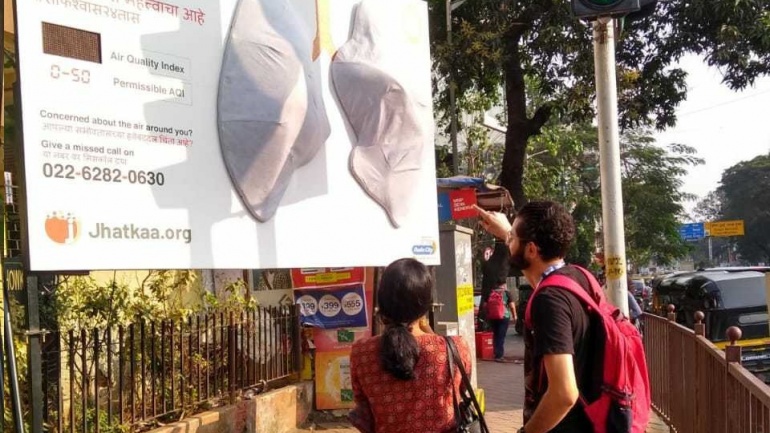This article was originally posted on the Talk Dharti to Me.
Is the city of Mumbai truly supporting its dabbawalas?
In 1890, Mahadeo Havaji Bachche built a formal food delivery system out of a pre-existing informal network of lunch-box delivery folks or dabbawalas. These dabbawalas have since endured crises ranging from terrorist attacks and floods to wars and famines and have evolved to be a lifeline for India’s financial capital—Mumbai. Dabbawallas are a decentralised workforce of around 5000 men, delivering more than 1,30,000 lunchboxes of homemade food across the length and breadth of Mumbai.
According to a survey by the Waatavaran Foundation, 92 percent of the dabbawalas use cycles to deliver lunchboxes across the city at a time when motor vehicles have become the primary mode of transportation for delivery services. The dabbawalas embody a commitment to traditional, cost-friendly, and sustainable mobility through cycling and local trains.
Emerging Competition
The rise of food delivery startups like Swiggy and Zomato, with their extensive variety of menus, greater flexibility in terms of food choices and delivery timings, and vast network of delivery agents using motorised 2 wheelers is changing the landscape of the industry. This competition has brought carbon emissions and a sharp increase in the usage of motor vehicles in the city.
For these companies, the solution to their polluting delivery model is electric 2-wheelers. This does not account for the polluting sources of energy used to run these vehicles and the waste generated by used batteries.
The Dabbawala way
Despite the cutthroat competition, the Dabbawallas have continued their work in a sustainable fashion. The cycle-based delivery routing keeps the operating costs low, while also allowing them to avoid the paperwork and technicality of formal licence and vehicle registration. On the environmental front, making deliveries using cycles is a policy with more actual potential than promises of net-zero and carbon neutrality.
While companies are making a gradual move towards electric vehicles — with Zomato even making a commitment to a 100 percent electric fleet by 2030 — it’s important to note how these conglomerates can also benefit from the low costs involved in cycle-based deliveries. First, cycles don’t need fuel, saving a major portion of the operation costs. Further, the price of a bicycle itself is a major cost benefit for a company. If a motorcycle stops working, repairs are time-taking and can cost a lot — as opposed to cycles which can be easily fixed.
Potential of the cycle
t their core, cycles are good for health, space-efficient, pocket-friendly and the most economical choice in terms of public infrastructure development. It is important to note that internal combustion 2-wheeler vehicles like scooters and motorbikes do not have any catalytic converters attached to them due to their small size and lower pricing. This makes them some of the most polluting vehicles as they emit more than just CO2 – they emit toxic gases like carbon monoxide, particulate matter, secondary organic aerosols and aromatic hydrocarbons which are very dangerous for human and environmental health. As of 2018, 2-wheeler ICE vehicles are responsible for emitting 32% of all pollutants in the air, according to Anumita Roychowdhury, Executive Director at the Centre for Science and Environment.
One question that emerges when discussing cycles as a mode of transportation of delivery is the currently available infrastructure. Cars and motor vehicles were at the centre of the Indian metropolitan boom.
The current infrastructure in most Indian urban centres is not cycle-friendly and can cause delays, safety issues and broader financial problems to major delivery systems if they choose to shift. Herein lies the potential for policy reforms; it is in the best interest of food delivery platforms to lobby for better cycling infrastructure considering how changes like this would in turn economically benefit both the industry and the common people, and the push away from the conventional car-based infrastructure will continue to benefit them further.
A shift to better ESG practices includes a shift from fossils to decarbonised forms of transport—a sector that is a major contributor to climate change. When big companies put climate first, they save big on expenses, their public image improves, their funding increases and it creates a safer, cooler city for everyone.
Hot food and a cool climate? A truly excellent combination.
References
About Us: Mumbai Dabbawala. Mumbai Dabbawala. (n.d.). Retrieved January 5, 2023, from https://mumbaidabbawala.in/about-us/
Thomke, S. (2014, August 01). Mumbai’s Models of Service Excellence. Retrieved January 9, 2023, from
https://hbr.org/2012/11/mumbais-models-of-service-excellence
Express News Service. (2022, November 24). Cycle Lanes, safe parking needed to sustain Mumbai Dabbawalas’ Green Transport Mode: Survey. The Indian Express. Retrieved January 10, 2023, from https://indianexpress.com/article/cities/mumbai/mumbai-daddawalas-survey-8278055/
Jio-BP to power Zomato’s 100% electric vehicle fleet. The Economic Times. (2022, June 15). Retrieved January 10, 2023, from
https://economictimes.indiatimes.com/industry/renewables/jio-bp-to-power-zomatos-100-electric-vehicle-fleet/articleshow/92231453.cms
Horrox, J., Weissman, G., Casale, M., & Stout, J. (2022, August 19). Transform transportation: Strategies for a Healthier Future. Frontier Group. Retrieved January 11, 2023, from
https://frontiergroup.org/resources/transform-transportation/
Pucher, J., & Buehler, R. (2017). Cycling towards a more sustainable transport future. Transport Reviews, 37(6), 689–694.
https://doi.org/10.1080/01441647.2017.1340234
“Two-Wheelers Are Causing Maximum Air Pollution.” India Today, India Today, 29 Oct. 2018,
www.indiatoday.in/mail-today/story/two-wheelers-are-causing-maximum-air-pollution-1377531-2018-10-29.
Chattopadhyay, Vivek. “Two-Stroke Vehicles Are the Worst Polluters.” Down To Earth, Down To Earth, 15 May 2014, www.downtoearth.org.in/news/twostroke-vehicles-are-the-worst-polluters-44402.



